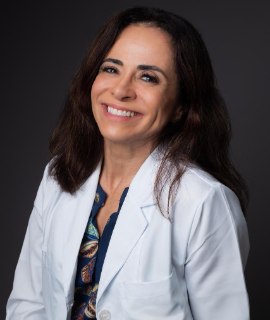Title: Hospital dentistry in the ICU: A reality in Brazil
Abstract:
The critically ill patient admitted to an Intensive Care Unit (ICU) faces a series of challenges that can significantly impact their health. The severe physiological changes that occur in the body during hospitalization can be exacerbated by the presence of an inflection foci or alterations in the oral cavity. These conditions can furthermore complicate the clinical picture, directly interfering with medical management and the patient's prognosis. Recognising the importance of oral health in the hospital context, Brazil has been promoting the inclusion of hospital dentistry teams as an integral part of multidisciplinary care. These professionals are dentists who specialize in the care of hospitalized patients, trained to deal with the various oral alterations that may arise in critical situations. One of the most serious problems faced by patients undergoing orotracheal intubation is Ventilator-Associated Pneumonia (VAP). Related to this is the fact that the oral microbiota is altered within 48 hours after the admission of the critically ill patient, with Gram-negative microorganisms becoming predominant, and VAP is often caused by the migration of these pathogens through the tracheobronchial tree to the lungs, triggering respiratory infection. This condition not only prolongs the length of hospital stay increasing hospital costs but is also associated with a higher mortality rate. To mitigate these risks, it is essential to maintain rigorous monitoring and continuous care of the patients' oral health. This involves comprehensive and individualized care, starting with an initial assessment of the oral cavity at the time of ICU admission. Based on the diagnostic examination, the adjustment of the oral environment is carried out through the removal of infection foci, whether odontogenic or periodontal, which can occur at the bedside or in the surgical centre, as indicated by the medical team according to the patient's condition. Furthermore, continuous training of nursing staff in oral hygiene practices is of a paramount importance, ensuring that daily care is performed effectively. The daily assessment of the quality of oral hygiene performed is an indispensable practice to ensure that the patient receives the best possible care, thus minimising the risks of complications associated with mechanical ventilation.




